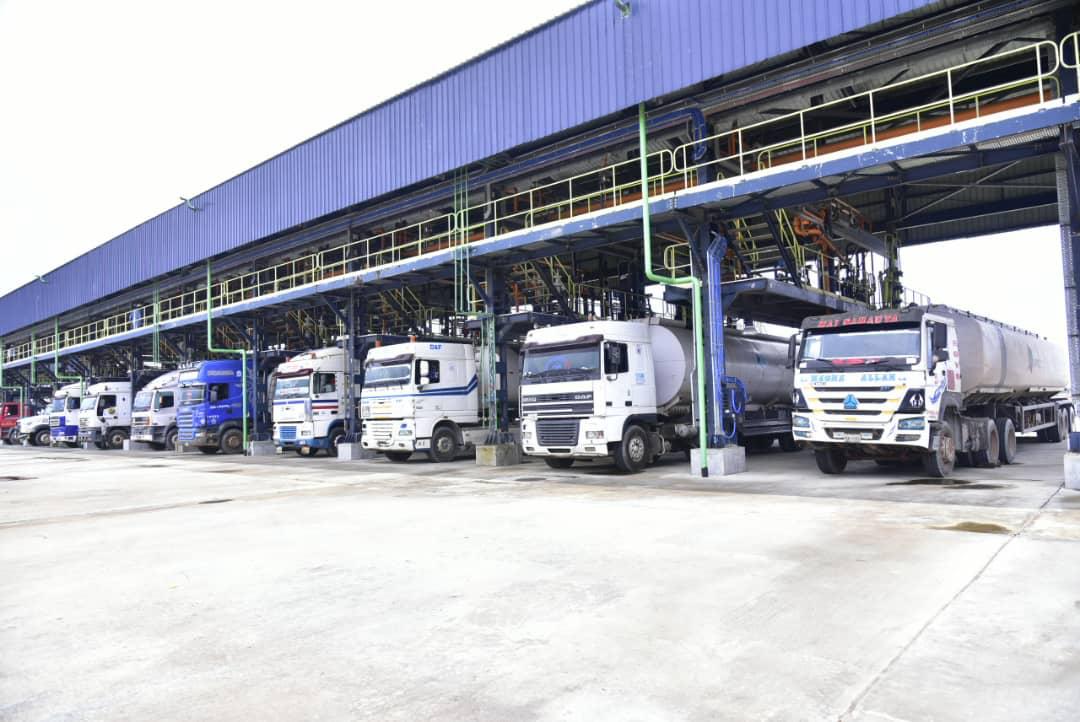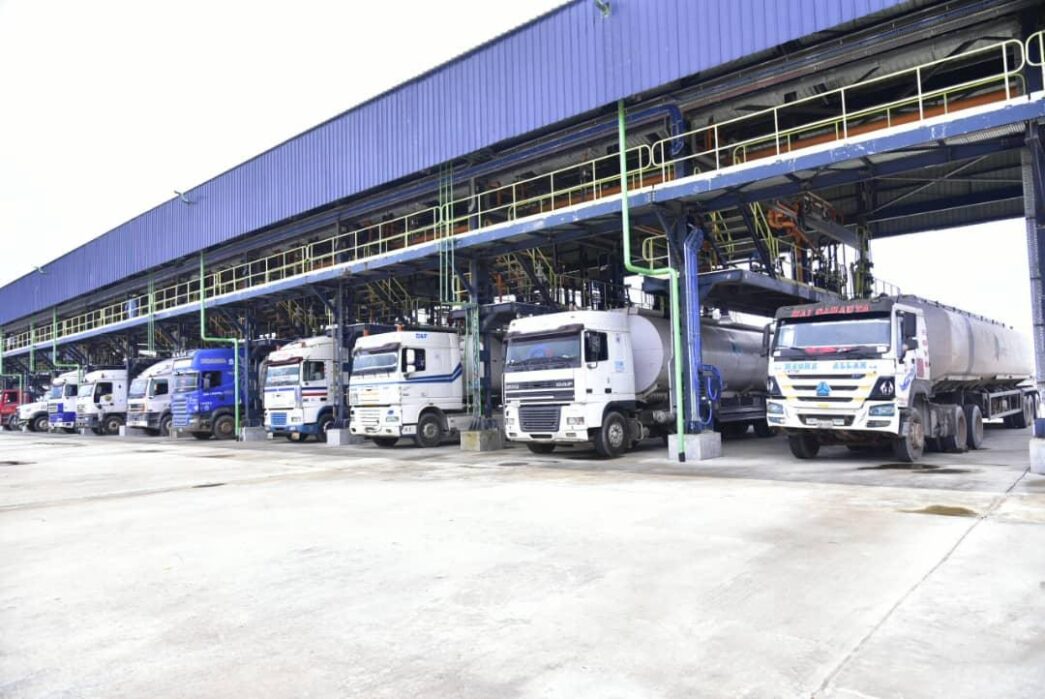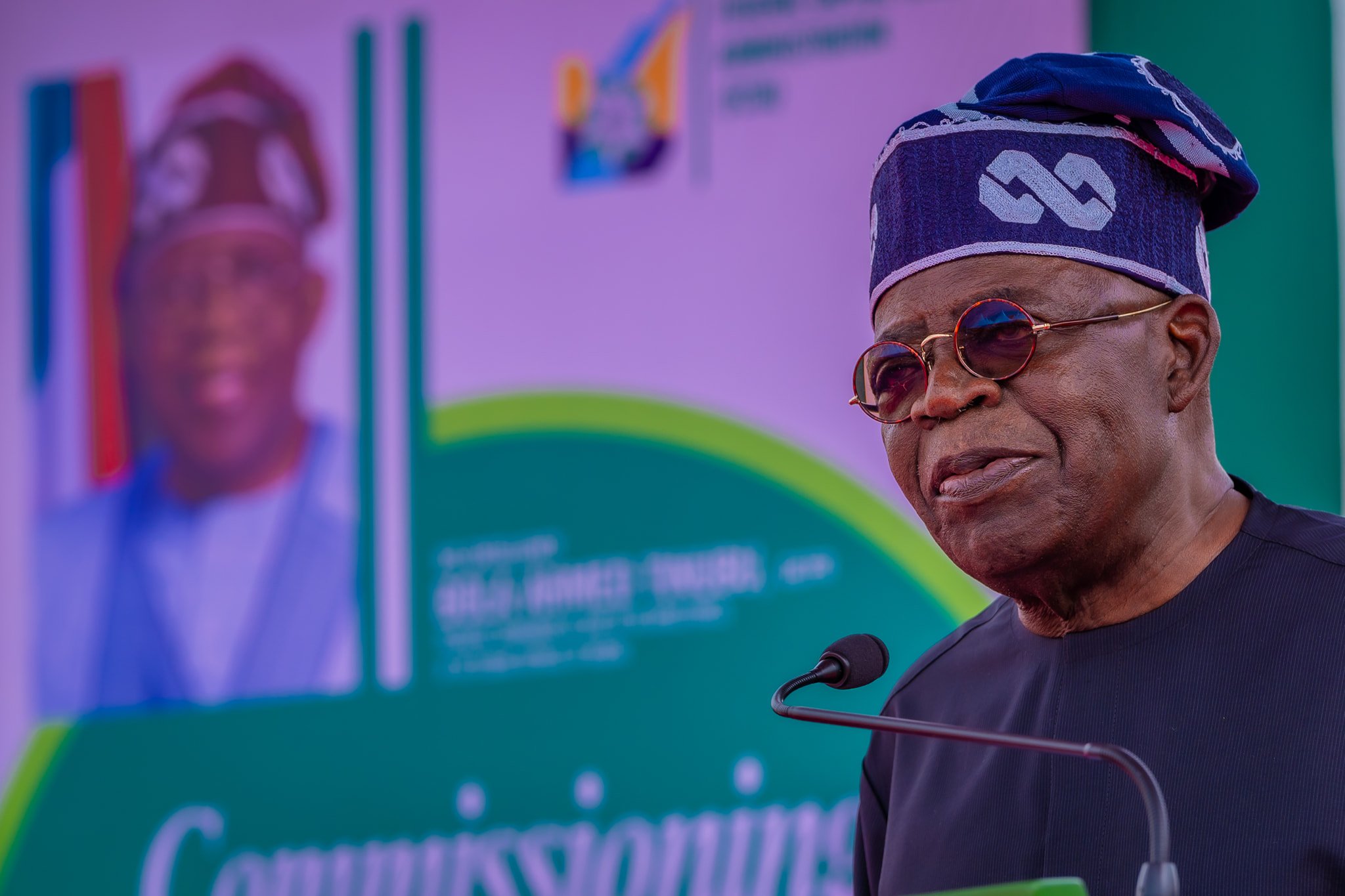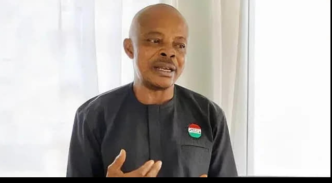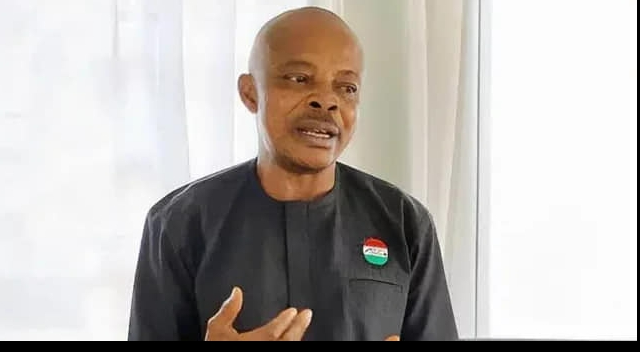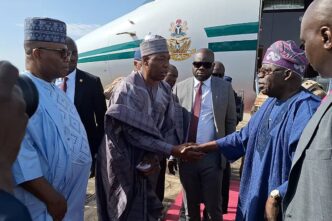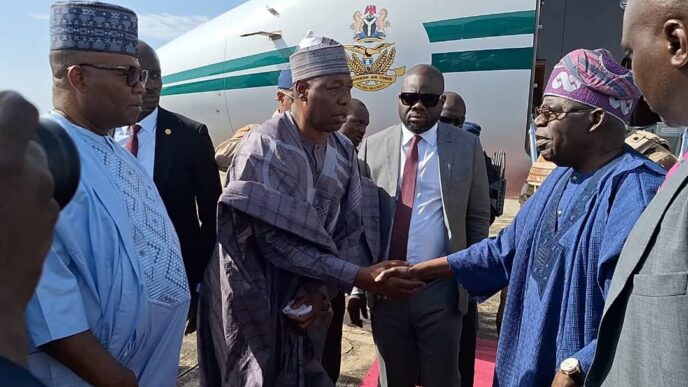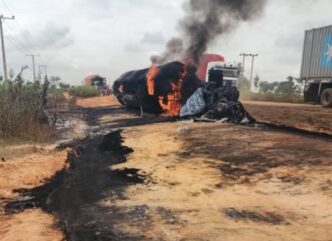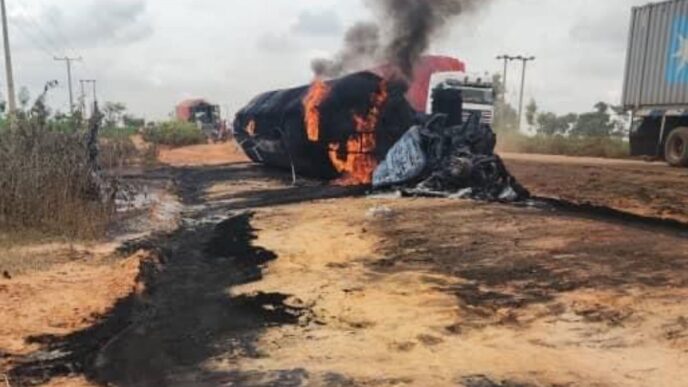Many Nigerians are understandably shocked that petrol being pumped out of the Dangote refinery (DR) will not be selling at a relatively affordable price at the pumps, or a little cheaper than the imported variety. Long conditioned to subsidised products, they had expected that a locally produced petrol will offer a huge relief from the cost-of-living crisis they’ve been enduring since last year. Hope was heightened when the government announced recently that Dangote will buy Nigerian crude oil in naira and sell his products within the country in the same currency. In many social media platforms and talk shows, Nigerians have been busy analysing the refinery’s production economics and explaining why we should be buying cheap fuel soon.
‘’Why would Dangote not sell his petrol cheap or cheaper than imported product when he is not bearing cost of shipping; LC charges; wharf charges; insurance and other costs borne by importers?’’, a disgruntled university professor wrote last week. Another person noted on X, ’’Anything above N766 per litre from Dangote is back to square one’’. One other commentator wrote, ‘’Queuing for fuel is not our problem. If Dangote’s fuel is not cheaper than what we have now, then the whole thing is not worth it’’.
I had always known that Dangote’s fuel will not come cheap, but I did not expect that it would go as high as about N1,000/litre. When I visited the refinery in July as part of a media tour, I had remarked during the question-and-answer session that Nigerians were looking forward to buying petrol from the refinery at between N400 and N600 per litre, against the retail price of over about N700 per litre then. My remark drew a chuckle from the man himself.
Just this morning, NNPC announced that it would sell Dangote petrol at various prices, depending on location. In Lagos, for example, the product will sell at N950 per litre at its stations; N980 in Rivers; N960.22 in Oyo; N999.22 in Kaduna, Sokoto and FCT and N1,079.22 in Borno. NNPC will make a margin of N26.58 per litre, after incurring distribution cost of cost N15/litre; inspection fee of N.97/litre and NMDPRA fee of N8.99/litre. On Sunday, NNPC had told us that it purchased petrol at N898/litre (it actually paid 55 cents/litre) from Dangote.
Advertisement
I commend NNPC for these disclosures, and I should note that these prices are only obtainable for the month of September when NNPC is buying in dollars from the refinery. For October when crude would be sold in naira, the prices may change, depending on a few variables like the exchange rate and the crude oil price in the international market.
Clearly, the downstream market is now fully deregulated, and for the first time in our history, subsidy is truly gone. Nigerians should brace up for a market determined pricing structure that would be influenced by a few factors: price of crude oil; exchange rate; cost of refining; overheads; borrowing costs and insurance. Crude oil price will continue to be a major determinant of petrol price. Even when NNPC sells crude in naira to DR, the pump price would still be determined by the prevailing exchange rate. If Naira continues to slide, petrol price will increase, even if other factors remain unchanged.
This morning, crude oil is selling at about $72 and at the exchange rate of N1,600/dollar, Dangote would be buying a barrel of crude oil at about N115,200. Although there are many other products that are obtained from a barrel of crude oil, petrol will not come cheap because of other inherent costs in the production process. Dangote is highly indebted to Nigerian banks, and even before his refinery began production, he was already repaying and servicing his debts. He had told the media in July that he had incurred huge interest charges due to failed attempts in land acquisition in Ogun state and delays in construction in Lagos state due to communal issues. The accumulated interest charges and other interest costs will count in the pricing of his petrol.
Advertisement
I am sure that the refinery is fully insured by foreign insurers and huge premiums are paid yearly in dollars. According to loss adjusters in the United States, a refiner worth $1 billion will likely pay a yearly insurance premium of $2.5 million or more. You can imagine what Dangote Refinery, the world’s largest single-train refiner, worth about $20 billion, will pay every year as a premium. This will also be factored into its pricing structure.
Dangote’s costs of production must also be very high and this will impact heavily on the pricing of its products. The refinery provides everything for itself, including building three ports within the complex for its use in bringing in heavy equipment and building a huge 400 MW power plant to provide own electricity. In addition, DR has over 8,000 persons in its payroll. During construction, 29,000 Nigerians and 11,000 expatriates worked at the site. The huge wage bill would have to be taken care of by the selling prices of the products.
But despite the relatively high cost of Dangote petrol, this refinery is about the best thing that has ever happened to Nigeria’s industrialization and economic development in terms of the multiplier effects and expected uninterrupted fuel supply. Since the refinery will buy crude oil in Naira, that should ameliorate the impacts on the exchange rate. As the Naira firms up in the months ahead, I expect inflation to dip southwards. With all other factors remaining the same (they hardly do, anyway), prices of other items in the market should fall. The only reason petrol will sell cheap is if crude oil goes for as low as $40 per barrel or if the dollar exchanges for N800 or less. Both have significant implications for the economy, of course. But with tension mounting in the Middle East, cheaper crude oil is not likely soon.
I have taken note of the assurance from the finance minister, Wale Edun, that petrol price will fall as the refinery scales up production. Speaking at the refinery on Sunday, Edun said, ‘’We’re expecting that as this refinery, and even others, ramp up production, scale and achieve economies of scale, there should be the opportunity – and there is definitely the potential – to reduce their costs which should be passed on to consumers’’.
Advertisement
I agree, provided all other factors remain unchanged. Will they?
Views expressed by contributors are strictly personal and not of TheCable.
Add a comment

